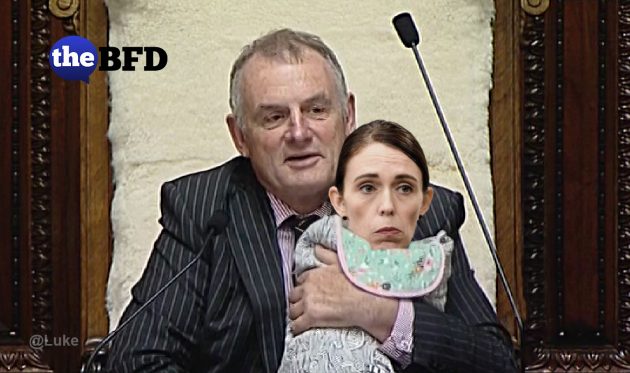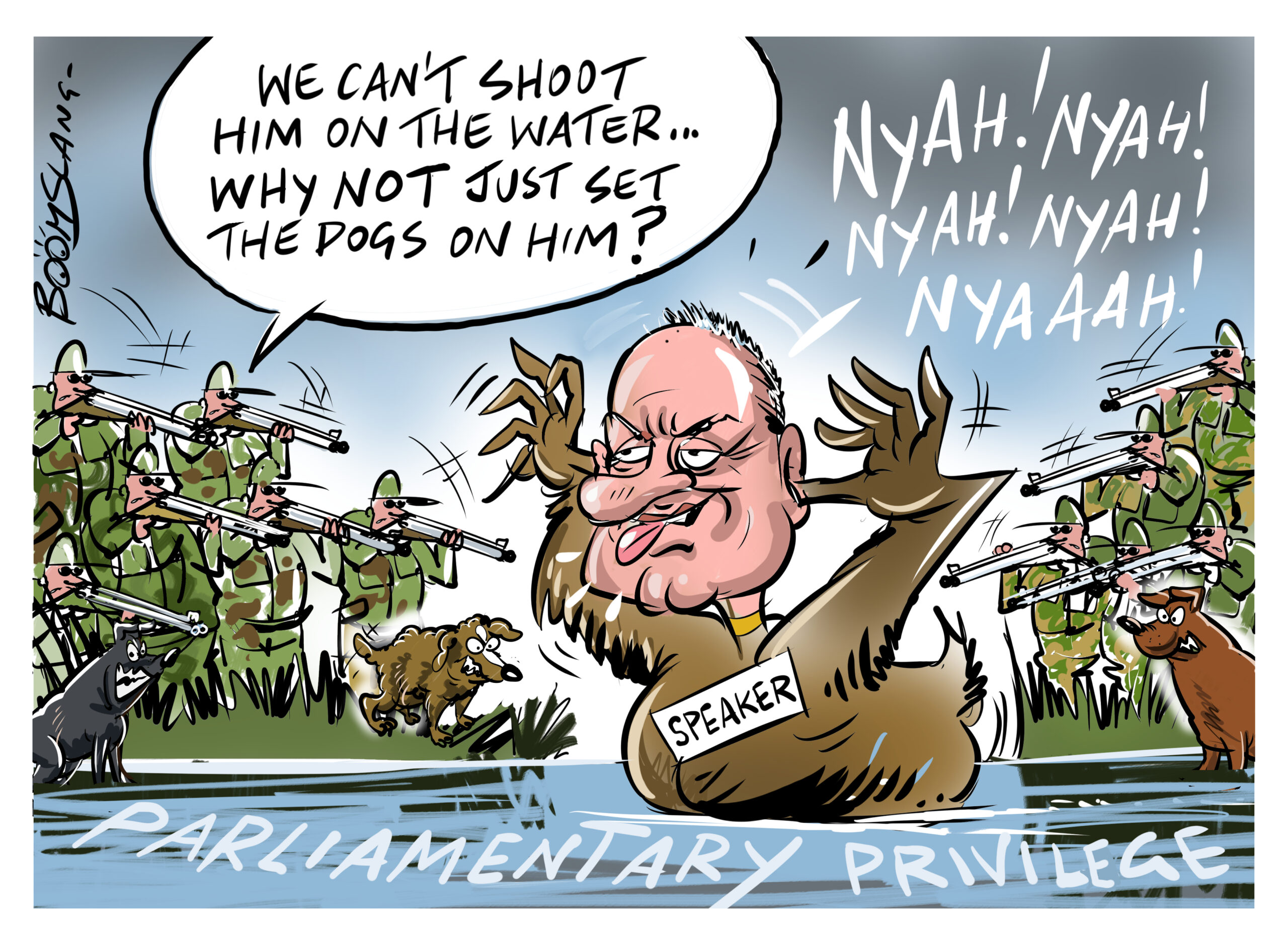Eliora
Stepping out of line as a Speaker of the House could land you in hot water. It could even get you murdered or executed. Some were imprisoned and even beheaded. No, I am not writing about Iran.
Seven Speakers between 1394 and 1535 in Britain were executed, killed in battle, or murdered. After 1535, the job was still high risk as it involved telling the King or powerful Lords what the Commons thought of them and their proposals.
Things became a bit less violent after 1535, though the job could still be uncomfortable. The death of one 18th-century Speaker, Sir John Cust, was said to have been brought on by the fact that he couldn’t leave the chair while the house was sitting, even for “the usual calls of nature”.
Though the Speaker has deputies these days, so doesn’t have to remain in the chair all the time the house is sitting, it’s still a challenging job to preside over a constant battle between party politicians. It might try the patience of a saint, but only one Speaker actually was a saint
– Sir Thomas More, Speaker in 1523. History Extra.com.
Sir Thomas More was an English lawyer, scholar, writer, member of parliament and chancellor in the reign of Henry VIII. He was executed for refusing to recognise Henry VIII’s divorce and the English church’s break with Rome.
[…] In 1521 he was knighted, in 1523, he became the speaker of the House of Commons and in 1525 chancellor of the Duchy of Lancaster.
[…] Around 1515, he wrote ‘The History of Richard III’ which established that king’s reputation as a tyrant and has been described as the first masterpiece of English historiography. In 1516, he published his most important work ‘Utopia’ – a description of an imaginary republic ruled by reason and intended to contrast with the strife-ridden reality of contemporary European politics.
[…] More took the post of lord chancellor in 1529, just as Henry had become determined to obtain a divorce from Catherine of Aragon.
[…] When Henry declared himself ‘supreme head of the Church in England’ – thus establishing the Anglican Church and allowing him to end his marriage – More resigned the chancellorship. He continued to argue against the king’s divorce and the split with Rome, and in 1534 was arrested after refusing to swear an oath of succession repudiating the pope and accepting the annulment of Henry’s marriage. He was tried for treason at Westminster and on 6 July 1535 was executed on Tower Hill.
– BBC
In 1510, Henry VIII had two former speakers beheaded in a single day.
New Zealand’s Speakers of the House
Since the creation of the New Zealand Parliament on 24 May 1854, twenty-nine people have held the office of Speaker. Two people have held the office on more than one occasion.
Sir Charles Clifford was elected the first speaker and held that role until 1860. The office of Speaker is third most important constitutionally, after the governor-general and the Prime Minister. The Speaker, who is elected by the Members of Parliament (MPs), has a key role in representing the House to the Crown and in presiding over the House. The Speaker determines the proceedings of the House and keeps order. The Speaker is also responsible for parliamentary expenditure, chairing the Parliamentary Service Commission and running the buildings and grounds. To function effectively in the modern House, the Speaker has to be impartial.
Not always impartial
In the 19th century, the era before party politics, some Speakers were very partisan. In the 1860s, Speaker David Munro, who supported the government, resorted to underhand tactics to get a government bill passed before the session ended; as the break for dinner approached, he had the clock put back so the bill’s final stage could proceed.
New Zealand History
In contrast to the historic barbaric treatment experienced by some in Britain, the current Speaker has it easy. Mallard has no fear of his boss. There is no King. His job is safe and secure. Ardern, Prime Minister, attended his wedding a few years ago. Ardern and Mallard are besties.

New Zealanders, however, know that Mallard has a short fuse. They know he had a stoush with another MP, has accused a Parliamentary staff member of a crime he did not commit, cost the NZ taxpayer $333,000 in legal fees and $572,000 for a children’s slide. He brushes aside any talk of accountability.
He is called the bad boy of the House.
Simon Bradwell, Dominion Post 2014
Mercifully, today the grisly ends for some previous British Speakers have ceased. But in 2021 the pendulum has swung too far the other way. Mallard continues to enjoy the privileges of office, on a salary of $296,000, getting away with unprofessional conduct as “The bad boy” of New Zealand politics.

Please share so others can discover The BFD.

